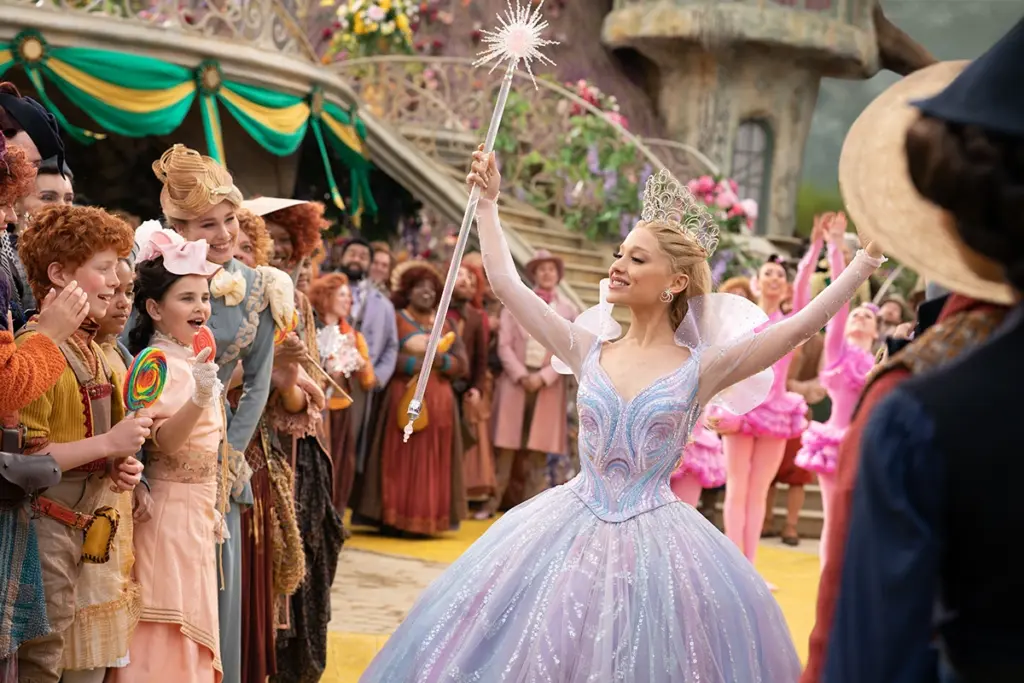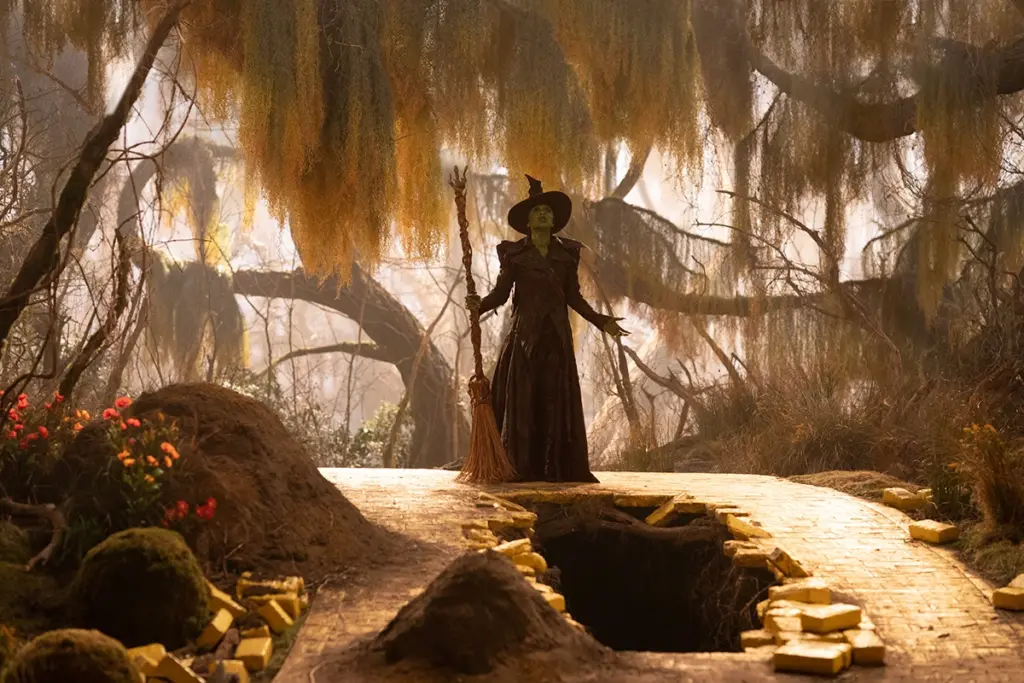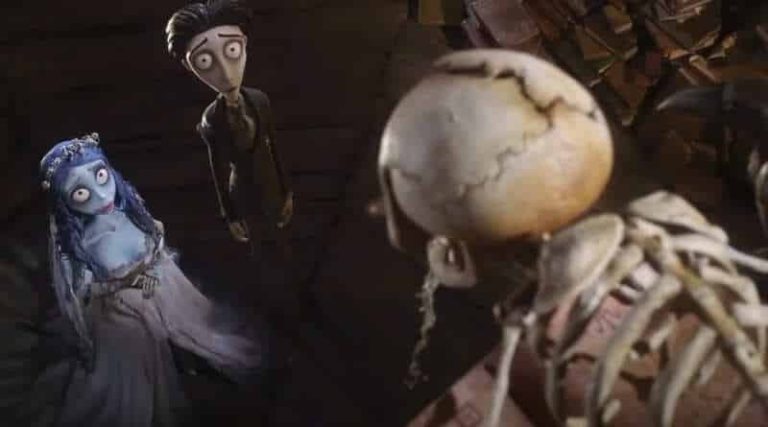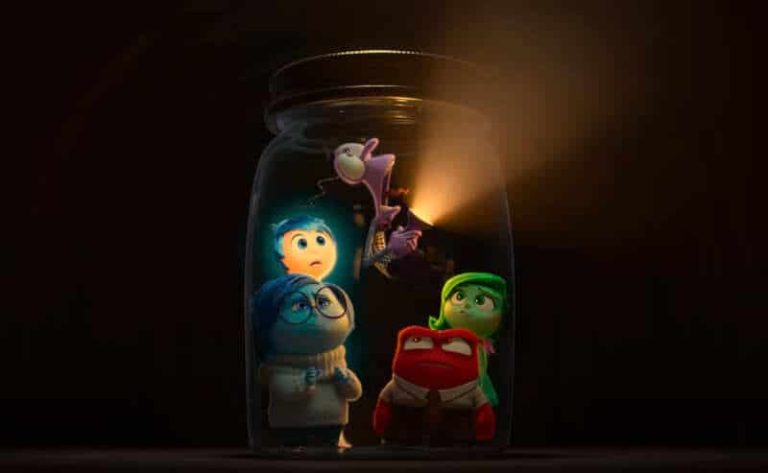‘Wicked: For Good’ Review: A Spellbinding New Return to Oz
“Wicked: For Good” might possibly be the most anticipated movie of the year. Following up on last year’s massive hit “Wicked,” and based on the popular stage musical, this movie had high expectations to live up to. So, does it deliver? It continues with the dazzling visuals, memorable music, and complex performances that made the original film so beloved, but with a darker tone that feels increasingly relevant in our divided society.
“Wicked: For Good” Features a Phenomenal Soundtrack

Songs like “Defying Gravity,” “Popular,” and “Dancing Through Life” helped raise the first movie (along with the stage musical) to iconic status. “Wicked: For Good” continues that tradition with numerous stellar musical numbers. Nearly everyone should enjoy the bellowing, powerful tones of “No Good Deed” and the toe-tapping number “Wonderful.”
However, the standout number is “For Good,” which doesn’t feature any elaborate dances or thrilling vocal ranges. Instead, it is a simple duet of two best friends saying goodbye forever and reflecting on how the friendship has changed their lives. Cynthia Erivo as Elphaba and Ariana Grande as Glinda deliver both strong vocals and heart-wrenching emotion through the song. It might very well draw a few tears, especially if, like me, you have recently lost someone close to you.
A Dark Tone for a Dark Time

The first movie already displayed parallels to our own time. One can’t help but look at how Oz demonizes animals and see reflections of how groups of “others,” such as immigrants and LGBTQ+ people, are frequently scorned and seen as enemies in modern American society. The sequel pushes these themes further. The song “No Place Like Home” explores how a country isn’t just a place, but an idea. Sometimes fighting for the idea means fighting against the ones who rule the place.
Some viewers might brush these themes aside as “woke” or resent bringing politics into a musical, but now more than ever, it is important to be reminded of how easy it is to “other” our fellow people and stay silent in the face of injustice. Elphaba represents both the courage required to speak out and the consequences that make people afraid to speak out.
Oz Purists Might See Some Hiccups
In addition to telling the Wicked Witch of the West’s story, the movie also gives us interesting backstories for the Scarecrow, the Tin Man, and the Cowardly Lion. Depending on how big a stickler for Oz canon you are, you might see them as interesting twists, or you might resent changing the beloved characters from your childhood.
The most underdeveloped major character might be Nessarose, Elphaba’s sister. Ozians know about how the witches of the West and East are sisters, but while Nessarose does have her subplot where she becomes corrupted, she has almost no time as the Wicked Witch of the East before she is killed by Dorothy’s house. This makes her story feel cut short, which is a shame, since with more development, she could have been a compelling anti-villain like Elphaba.
In addition, without spoiling too much, let’s just say that “Wicked: For Good” changes the ending of the classic “Wizard of Oz” story. Some viewers might find the ending a welcome change, while others might think that the movie was afraid of ending on too big a downer. I was fine with the change, but I can also see how it might turn off Oz purists.
So, Does “Wicked: For Good” Deliver?
Despite a few storytelling hiccups, “Wicked: For Good” is a satisfying conclusion to the story. It gives a new spin on the classic Oz story while still staying true to the spirit of the beloved tale. If you enjoyed the first movie, you definitely don’t want to miss out on the ending. “Wicked: For Good” is both dark and fun. Prepare to be humming the songs on the way out of the theater.





